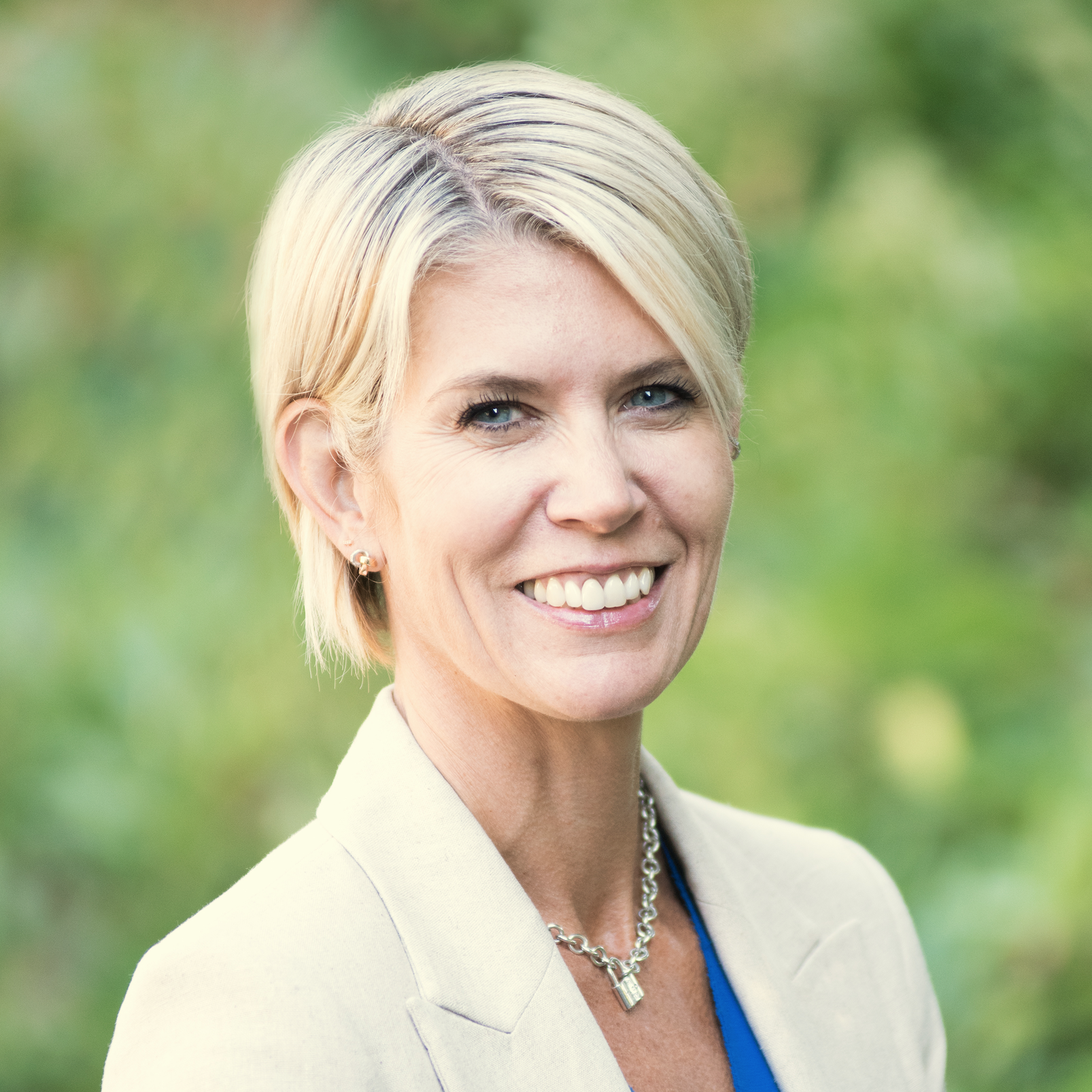Change fascinates me. At the systems level I have seen change bring waves of innovation, ideation and introspection, moving school organizations forward in new, exciting directions. At a human level, I have seen change bring fear, uncertainty and difference, all hinging on personal perspective. I have always equated change with difference, but Yong Zhao disrupts this in What Works May Hurt (2018).
Zhao guides readers through change in education through a new lens in What Works May Hurt. He highlights “the pattern of changes in education: change without being different”. Zhao’s examination of the math and reading wars are particularly poignant. The friction between instructional approaches and their related impact is significant and continues today in our schools. In my current context, we are intentionally pushing elementary (K-5) pedagogical practice towards balanced instructional approaches in numeracy and literacy. We are driving educators to look at explicit instructional practices and personalization alongside of forging deeper understandings of brain development and human socialization. Zhao’s perspective initially alarmed me as I wondered if we had missed the mark. Fortunately, upon deeper reflection and completion of What Works May Hurt, Zhao validates the work we have been doing in as we intentionally disrupt instructional practices in our schools.
Zhao probes the countless side effects in education. His caution around extreme approaches in education are well taken, as are his warnings around finding comfort in the politically correct middle ground. Zhao reminds readers of the importance of utilizing the emerging progress in the related fields of psychology, neuroscience and cognitive science in education. He is right, there is no room in today’s classroom for the old school cowboy practices of shooting from the hip or jumping on the flashy bandwagon. Realizing the multi-factorial complexity of classroom instruction alongside of the human condition is paramount. We cannot afford to be stuck in the middle fiscally, professionally or systemically. Nor can we underestimate the impact of every single action we take in education on the students and families we are serving in public education.
Zhao’s summary of the serious problems continuing to plague school systems demand attention. These key points include;
- Long, unproductive yet fierce battles over the good or bad of pedagogical approaches and policies… simply look at two different sides of the same coin.
- Policies and practices have been advocated and implemented without adequately studying or reporting their risks, thus resulting in more damages than benefits.
- Education seems to be stuck in perpetuating pendulum swings.
- The idolization of education systems, institutions and approaches often leads to ultimate disappointment without considering the side effects. (Zhao, 2018)
As a result of this book, I will be haunted by Zhao's lingering provocations surrounding getting stuck in the middle, side effects and change without difference. In pursuance of doctoral studies, I suspect these are not a bad set of ghosts to carry around at this early point.



